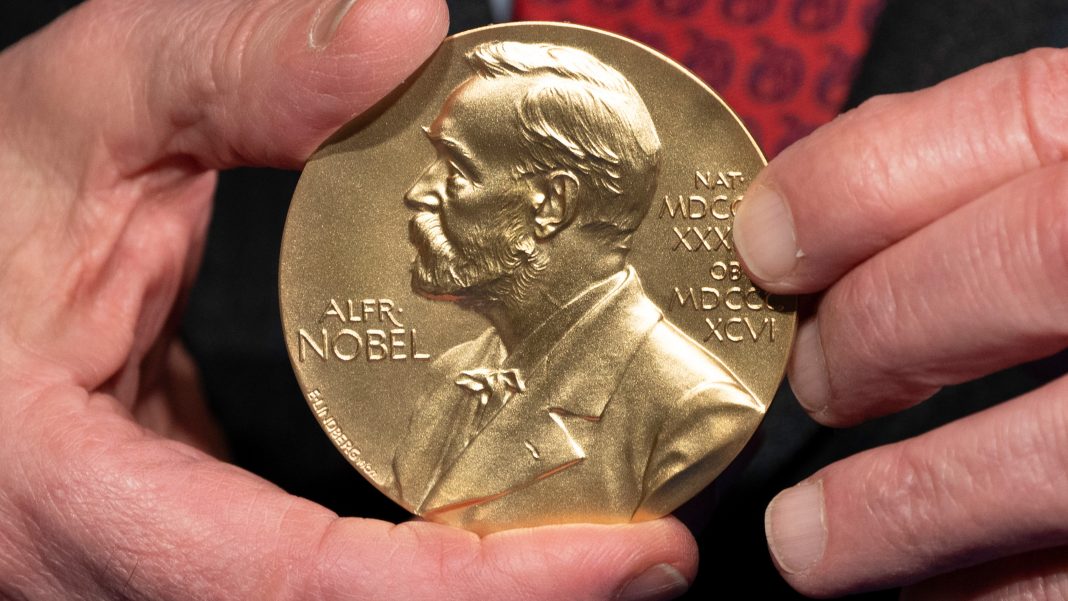On a momentous Monday in October, the Nobel Prize in Medicine was awarded to American scientists Victor Ambros and Gary Ruvkun for their groundbreaking discovery of microRNA. This revelation is not just an academic milestone; it represents a seismic shift in our understanding of gene regulation, a fundamental principle that underpins the very fabric of biological development and function. The Nobel Assembly aptly remarked that their work is “proving to be fundamentally important for how organisms develop and function,” highlighting its wide-ranging implications across the fields of genetics and medicine.
Victor Ambros, whose pioneering research took place at Harvard University, currently serves as a professor of natural science at the University of Massachusetts Medical School. His collaborator, Gary Ruvkun, conducted his critical research at Massachusetts General Hospital and Harvard Medical School, where he holds a professorship in genetics. This collaboration underscores a vital aspect of scientific discovery: the power of teamwork and interdisciplinary research in driving innovation.
The significance of their work extends beyond academic accolades. MicroRNAs are small, non-coding RNA molecules that play a pivotal role in regulating gene expression. In recent years, studies have illuminated their involvement in a myriad of biological processes, from cellular development to the progression of diseases, including cancer. For instance, a 2021 study published in *Nature Reviews Genetics* emphasized that microRNAs could serve as potential biomarkers for various cancers, providing new avenues for early detection and targeted therapy.
Interestingly, this year’s award comes on the heels of last year’s Nobel Prize in Physiology or Medicine, which recognized Katalin Karikó and Drew Weissman for their pioneering work that laid the groundwork for mRNA vaccines against COVID-19. Their research has been instrumental in controlling the pandemic, showcasing how advancements in genetic understanding can translate into life-saving medical interventions. This connection between the two Nobel awards illustrates a broader narrative within the scientific community: the ongoing evolution of our understanding of genetics and its profound implications for health.
The Nobel Prize carries a significant cash award of 11 million Swedish kronor (approximately $1 million), a legacy of the prize’s founder, Swedish inventor Alfred Nobel. The announcement marks the beginning of the annual Nobel prize season, with subsequent announcements for the physics prize on Tuesday, chemistry on Wednesday, and literature on Thursday. The highly anticipated Nobel Peace Prize will be unveiled on Friday, followed by the Nobel Memorial Prize in Economic Sciences on October 14. All laureates will gather for the awards ceremony on December 10, commemorating the anniversary of Nobel’s death.
In reflecting on the contributions of Ambros and Ruvkun, we are reminded of the intricate tapestry of scientific discovery—a complex interplay of curiosity, collaboration, and the relentless pursuit of knowledge. As we continue to unravel the mysteries of genetics, the work of these Nobel laureates will undoubtedly inspire future generations of scientists to explore the uncharted territories of molecular biology and its potential to transform medicine.

